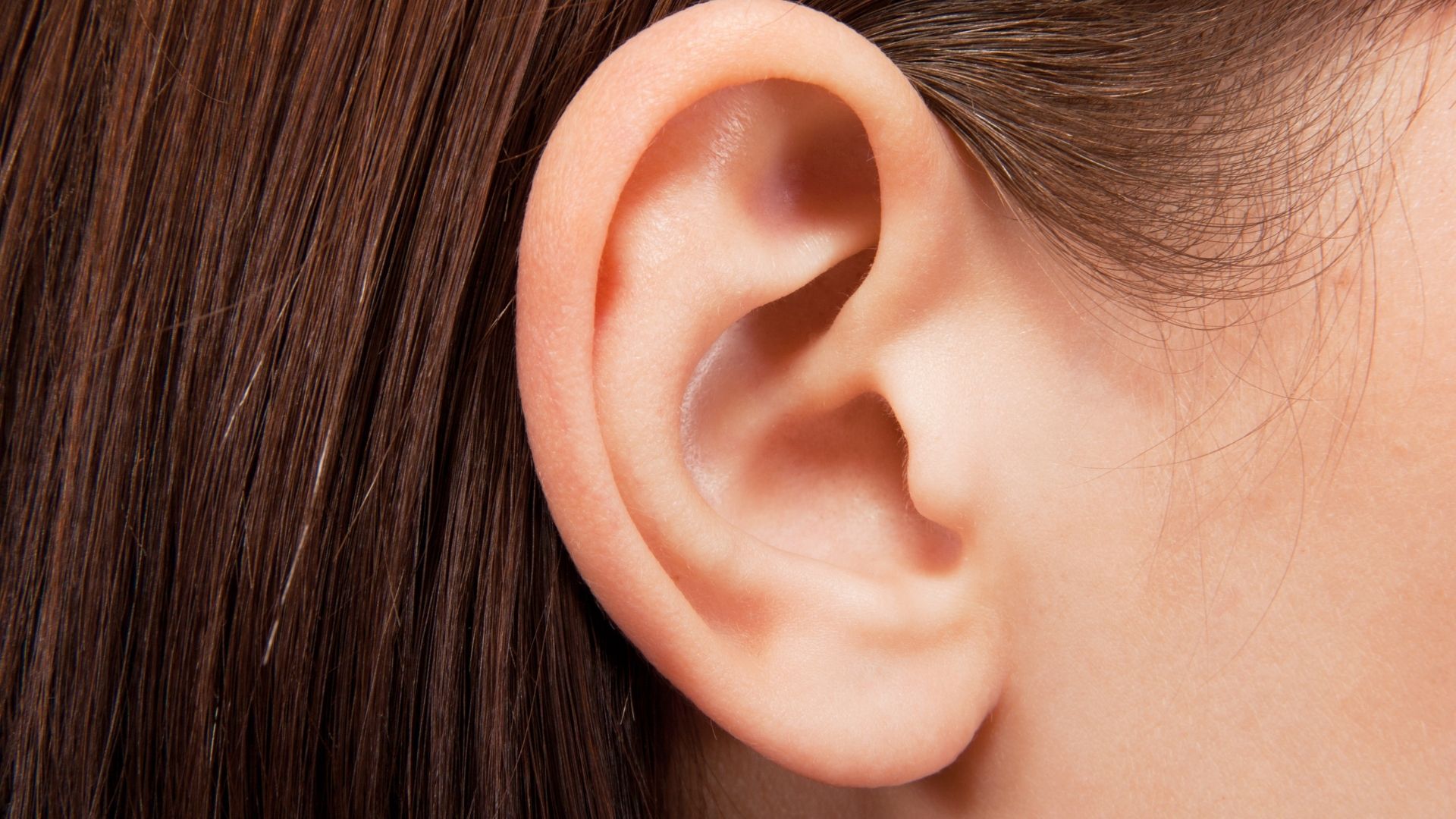Mr Jeremy Lavy
Consultant ENT Surgeon
Specialist expertise: Ear, Nose and Throat, Cochlear Implants, Hearing, Otology, Hearing Loss, Paediatric ENT, Hearing Restoration Surgery, Ossiculoplasty, Myringotomy, Stapes surgery.
A perforated eardrum is where a hole occurs in the eardrum - either due to injury or infection. In most cases, a perforation will heal by itself, but surgery is sometimes required to repair the damage.

A perforated eardrum, sometimes called a ruptured eardrum, is a hole or tear in the eardrum. A perforation makes the eardrum more susceptible to infections, and your hearing may be affected. Occasionally, perforations can cause pain when water gets in the ear.
Most perforations will heal by themselves after a few days or weeks, but the longer it has been there, the lower the chance it will heal on its own. In some cases, the eardrum will not repair on its own, so surgery is required to treat the issue. If left untreated, ongoing infections can lead to long-term hearing loss, so it’s important that this condition is addressed.
In most cases, you will only experience a perforation in one ear at a time. If one of your eardrums ruptures, you may feel a sudden, sharp pain as if something pointed has been pushed deep into your inner ear. But in many cases, those who suffer a perforation won’t realise it until they start experiencing other symptoms, such as:
Hearing loss – you may struggle to hear or sounds may appear muffled
Pain or aching in your ear
Discharge from your ear that may contain mucus pus or blood
Tinnitus – a buzzing or ringing noise in your ear
Itching inside the ear
There are a number of events that can result in eardrum perforation, including:
A middle ear infection (otitis media)
Extreme changes in air pressure (barotrauma)
A blow to the ear or a head trauma
Loud sounds or blasts (acoustic trauma)
A foreign object in the ear
An ENT specialist can make a diagnosis of a perforated eardrum and determine the cause by assessing your symptoms, examining your ear and running some tests.
If you have any discharge from the ear, your consultant may take a swab to test for a bacterial infection. They may also perform hearing and pressure tests such as tympanometry and audiometry to assess the level of damage to your eardrum.
A perforated eardrum will usually repair on its own within a few weeks and your hearing will return to normal. Over-the-counter painkillers can help reduce any discomfort and placing a ball of cotton covered in Vaseline in your ear when bathing will stop water from entering and reduce the risk of infection.
If the perforation is causing an infection, it is likely you will need to take antibiotic ear drops to clear it.
If the eardrum does not heal naturally, surgery may be needed to repair the rupture. Various techniques can be used to close the hole, and the technique varies depending on a number of factors like the hearing, and the size and position of the hole. This surgery is called myringoplasty or tympanoplasty.
Currently selected day
Available consultations
All our private ENT specialists at OneWelbeck in London are leaders in their sub-specialties, providing the highest quality treatment to ensure you receive the best available care. Click on the profiles below to see which of our consultants can help with Ear Drum Perforation or Retraction.